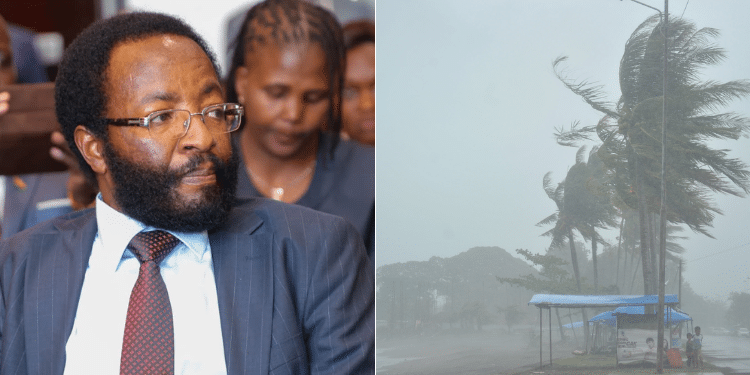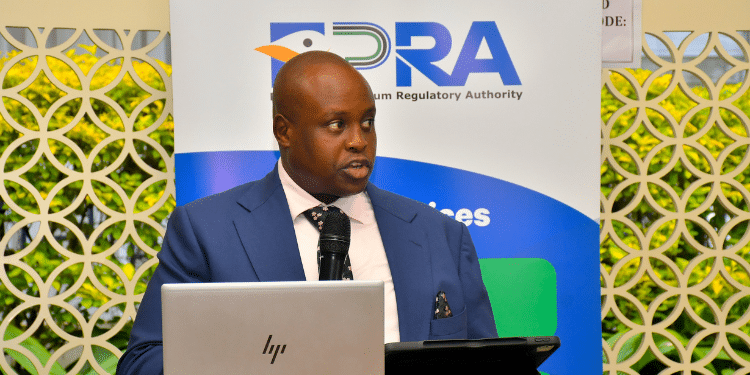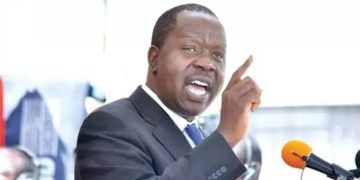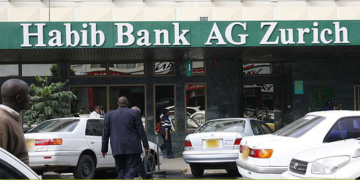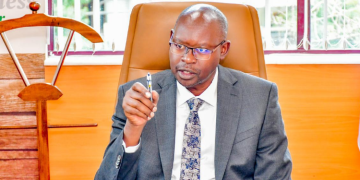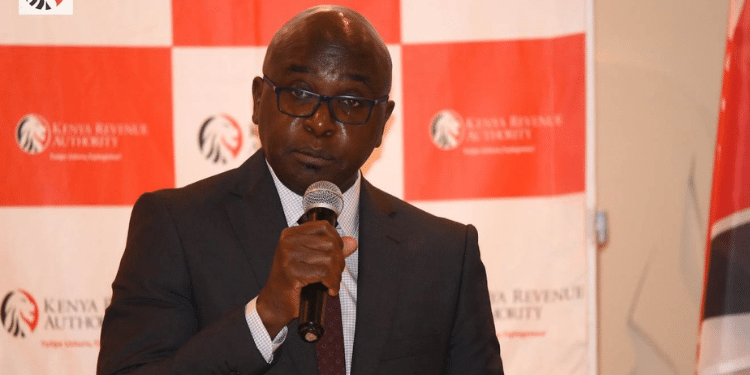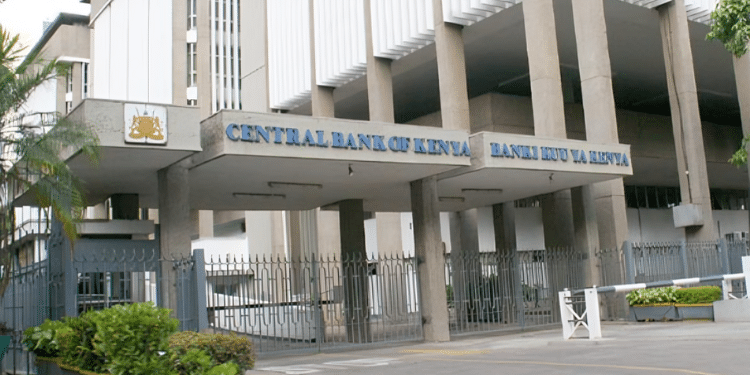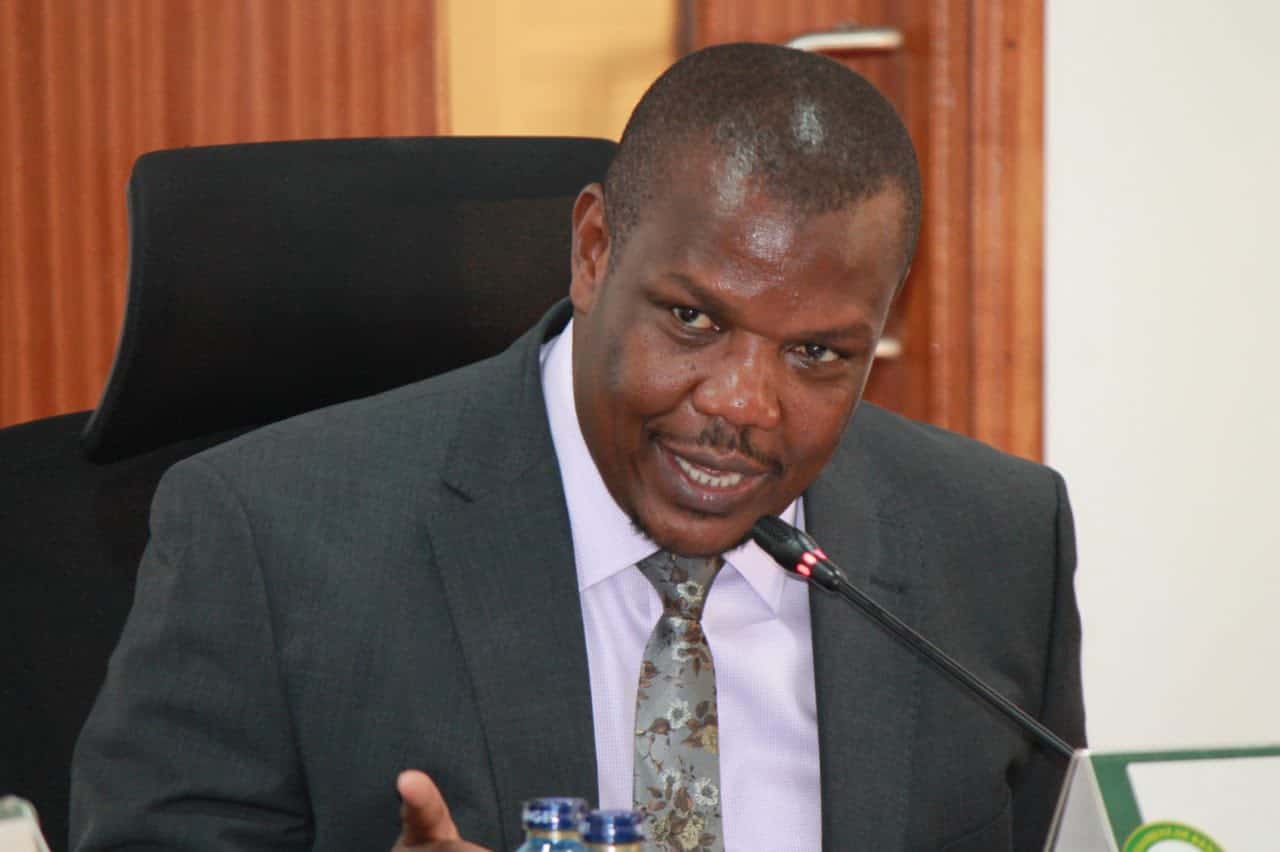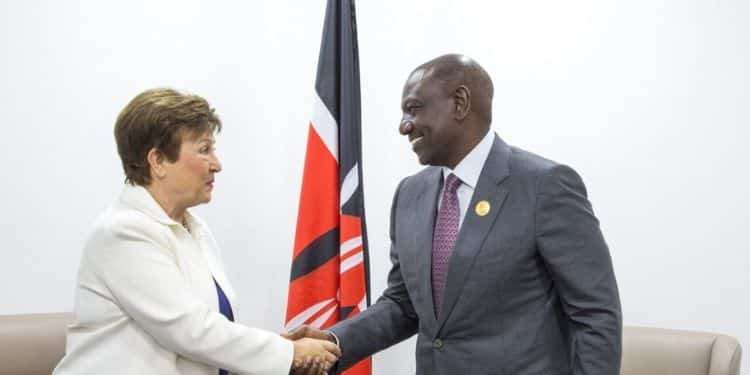Kenya’s failure to meet economic targets under its International Monetary Fund (IMF) program has put external investor financing including from the World Bank and the United Arab Emirates, UAE at risk.
According to S&P Global Ratings, delays in IMF disbursements could lead to the postponement of Ksh297 billion ($2.3 billion) in funding from the World Bank and the United Arab Emirates (UAE).
The IMF was expected to release Ksh109 billion ($850 million) under the Ksh465 billion ($3.6 billion) program, which was signed in 2021.
However, the government failed to meet key benchmarks, including reducing its fiscal deficit and implementing revenue-raising measures.
Bloomberg has detailed that efforts to introduce new taxes in the 2024 Finance Bill were abandoned following deadly nationwide protests.
Consequently, the move worsened the government’s ability to generate funds and reduce borrowing.
Also Read: Kenya to Receive Ksh193 Billion Loan Within 7 Days
Ruto to Lose Out on World Bank and UAE Funding
Also, S&P Global Ratings warned that IMF funding often serves as a catalyst for other financial inflows, and its suspension could delay Ksh103 billion ($800 million) from the World Bank and Ksh194 billion ($1.5 billion) from the UAE in the first half of 2025.
This poses a challenge for President William Ruto’s administration, which is already grappling with an economic meltdown.
Moreover, Kenya has requested a new IMF funding program, which could be finalized before the next fiscal year starting in July 2025.
Its approval, however, depends on the Finance Bill 2025, which is expected to introduce critical economic reforms.
Without the IMF support, the government may be forced to turn to domestic borrowing or seek commercial loans, which come at a much higher cost and could further strain the economy.
Also Read: World Bank to Open Offices in Nairobi in New Restructuring
Ruto’s Govt Pays Back Eurobond
On the other hand, Kenya successfully cleared its Ksh116.3 billion ($900 million) Eurobond debt.
The government decided to buy back some of it early through a tender offer because the due date for paying back the debt was approaching.
The buyback offer allowed investors holding the 2027 bonds to sell them back to the government at an agreed price, helping Kenya reduce the amount it needs to repay in 2027.
Paying back the Eurobond meant that it could be easier and cheaper for the government to borrow more money in the future, because it shows that it can handle its debt well.
Follow our WhatsApp Channel and join our WhatsApp Group for real-time news updates.



